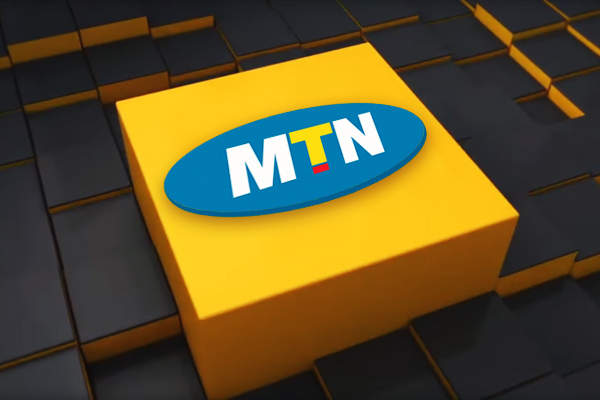The dramatic and fast-moving consequences of the coronavirus (COVID-19) outbreak threatens an otherwise resilient outlook for Nigeria’s economy, following GDP results for Q4 showing an expansion of 2.55%.
The growth was the highest seen since 2015 and above the International Monetary Fund’s (IMF) 2.1% forecast.
The economy is supported by the Central Bank of Nigeria’s (CBN) policies to boost credit growth like hiking the loan-to-deposit ratio and other monetary policy tools.
On top of that, oil production increased to two million barrels per day amid recovering global oil prices.
Advertisement
However, since then, risks to the economy have multiplied.
Like many other economies at the time of writing, Nigeria is vulnerable to the spread of the COVID-19 virus in economic and health terms because one of its main trading partners is the epidemic’s epicentre; China.
For the time being, the sizable manufacturing sector in China has been slowed by large-scale workforce disruptions and it is expected that GDP growth for the quarter will be pressured amid a fall in business confidence.
Advertisement
While it is too early to tell the precise extent of the slowdown, the impact on the supply chain and trading with China’s trading partners is already evident.
Nigeria’s crude oil exports to China fell in February amid weaker oil prices as the outlook for global oil demand weakens.
Nigeria’s Q1 GDP remains exposed to external uncertainties in the form of weaker oil prices, the coronavirus COVID-10 outbreak, slowing growth in China and the global economy.
Focusing on the global coronavirus outbreak, so far there are over 83,000 confirmed cases with over 2800 deaths.
Advertisement
The World Health Organisation (WHO) has identified Nigeria as one of its top 13 priority countries because of the direct links and travel volume to-and-from China.
It is positive that Nigeria’s authorities are taking measures to stop the virus from spreading, but the risks remain.
Since the onset of the virus outbreak early in the year, oil prices have slipped over 15% amid demand-side concerns, the USD has appreciated against G10 and emerging market currencies against a background of risk aversion and Gold has jumped to fresh seven-year highs.
If it continues to spread, the virus outbreak and subsequent slump in demand from China present major risks to the Nigerian economy.
Advertisement
Crude oil revenues account for less than 10% of GDP but remain the biggest source of foreign exchange for the nation, 90% of export sales over 50% of government revenues.
Falling oil prices would reduce foreign exchange reserves and ultimately complicate the CBN’s efforts to defend the naira, meaning potentially heightened pressures on inflation and consumption with an eventual impact on growth.
Advertisement
Lower oil prices also impact the 2020 budget which was based on 2.18 million bpd at an oil price benchmark of $57 per barrel.
Moreover, China is one of Nigeria’s biggest trading partners with total trade flows in Q3 2019 worth over $3.2 billion.
Advertisement
It is important for the economy for the virus outbreak to be brought under control because if trade flows decline on the back of slowing growth in China, the impacts are likely to be felt in Nigeria.
The situation may prompt a greater focus on monetary and fiscal policy to shield the economy from external risks.
Advertisement
The CBN meets in March but the economy remains under inflationary pressure so it is unlikely we’ll see an interest rate cut. Instead, the central bank may implement more unconventional tools to stimulate the economy.
Finally, it is even more clear that diversification is the key to reducing Nigeria’s reliance on oil revenues and reducing the risks to growth.
On the upside, there is still a possibility that the virus outbreak will be brought under control, meaning a return to full power for China and Asia and a relief to health authorities and policymakers in Nigeria and other countries.
Add a comment







